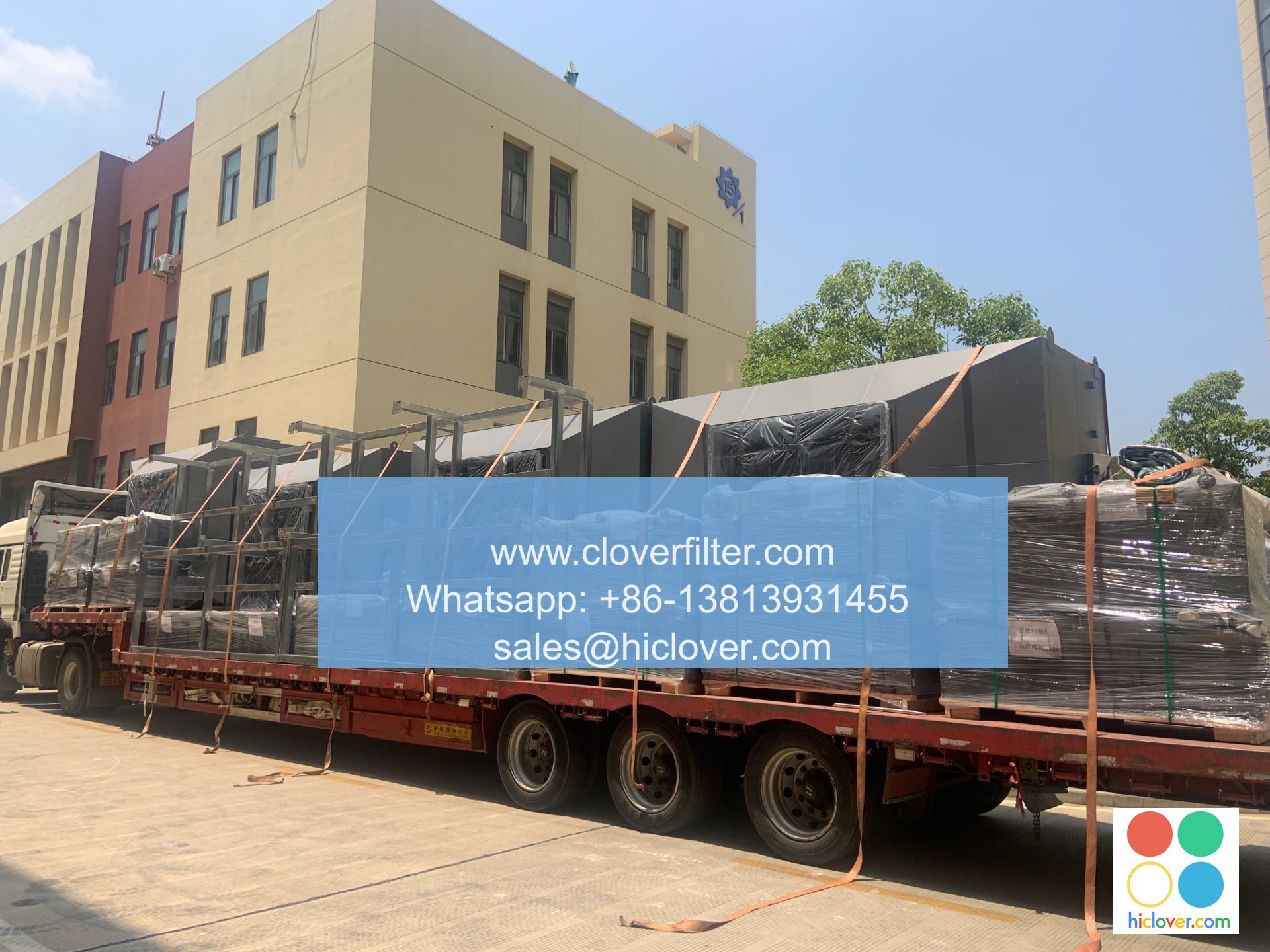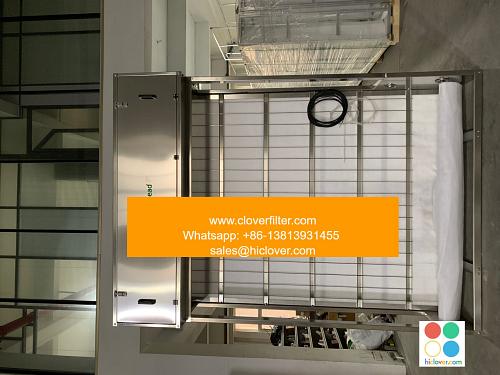Food Safety Inspections and Automatic Roll Air Filters: What to Expect

Food safety inspections are a crucial aspect of the food industry, as they help ensure that the food being produced and consumed is safe for human consumption. One important aspect of food safety inspections is the use of automatic roll air filters. These filters play a critical role in maintaining a clean and safe environment in food processing facilities, and their effectiveness is closely scrutinized during inspections.
Automatic roll air filters are designed to remove airborne contaminants, such as dust, pollen, and other particles, from the air in food processing facilities. They are typically installed in the HVAC systems of these facilities and work by drawing in air, passing it through a filter medium, and then releasing the cleaned air back into the environment. The filters are usually made of a porous material, such as fiberglass or polyester, and are designed to capture particles as small as 0.3 microns.
During food safety inspections, the effectiveness of automatic roll air filters is evaluated to ensure that they are functioning properly and maintaining a clean environment. Inspectors will typically check the filters for signs of wear and tear, such as tears or holes, and verify that they are being replaced regularly. They will also check the air quality in the facility to ensure that it meets the required standards.
In addition to evaluating the effectiveness of automatic roll air filters, inspectors will also check other aspects of the facility’s air quality control system. This includes the HVAC system, which is responsible for circulating and filtering the air, as well as the facilities’ ventilation systems, which are designed to remove airborne contaminants and moisture. Inspectors will also check for signs of pest or rodent infestation, which can contaminate the air and food products.
Food processing facilities can expect to be inspected regularly, typically on a quarterly or annual basis, depending on the type of facility and the products being produced. During these inspections, inspectors will use a variety of tools and techniques to evaluate the effectiveness of the automatic roll air filters and other aspects of the facility’s air quality control system. This may include:
- Visual inspections of the filters and HVAC system
- Air quality testing, using instruments such as particle counters or bioaerosol samplers
- Review of maintenance records and filter replacement schedules
- Interviews with facility personnel to verify their understanding of air quality control procedures
- Q: How often should automatic roll air filters be replaced? A: The frequency of filter replacement will depend on the type of filter and the conditions in which it is used. Typically, filters should be replaced every 1-3 months, or as recommended by the manufacturer.
- Q: What are the consequences of failing a food safety inspection? A: Facilities that fail to meet the required standards for air quality control may be subject to penalties or fines, and may be required to implement corrective actions to improve their air quality control systems.
- Q: Can automatic roll air filters be cleaned and reused? A: No, automatic roll air filters are typically designed to be disposable and should be replaced regularly. Cleaning and reusing these filters can compromise their effectiveness and potentially contaminate the air and food products.
- Q: How can facilities prepare for food safety inspections? A: Facilities can prepare for food safety inspections by ensuring that their automatic roll air filters are functioning properly, maintaining accurate records of filter replacement and maintenance, and providing training to personnel on air quality control procedures.
Facilities that fail to meet the required standards for air quality control may be subject to penalties or fines, and may be required to implement corrective actions to improve their air quality control systems. This may include replacing automatic roll air filters, upgrading the HVAC system, or implementing additional ventilation or air cleaning measures.
In conclusion, automatic roll air filters play a critical role in maintaining a clean and safe environment in food processing facilities. Food safety inspections are an important aspect of ensuring that these filters are functioning properly, and that the air quality in these facilities meets the required standards. By understanding what to expect during these inspections, facilities can take steps to ensure that their air quality control systems are effective and compliant with regulatory requirements.
Conclusion
The importance of automatic roll air filters in food safety inspections cannot be overstated. These filters are a critical component of a facility’s air quality control system, and their effectiveness is closely scrutinized during inspections. By understanding the role of these filters and what to expect during inspections, facilities can take steps to ensure that their air quality control systems are effective and compliant with regulatory requirements.
FAQs
Below are some frequently asked questions about food safety inspections and automatic roll air filters:

